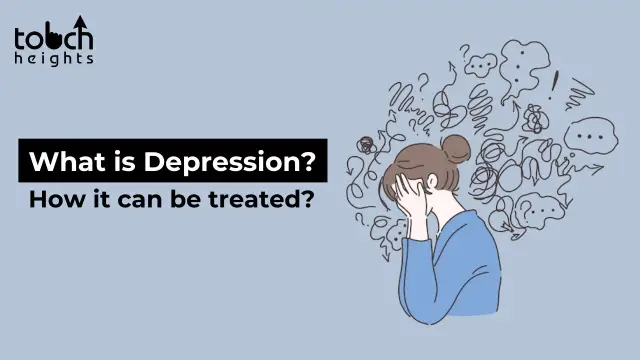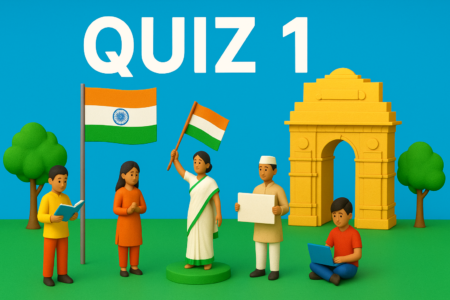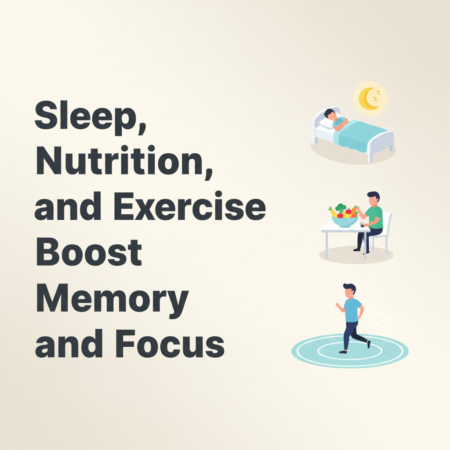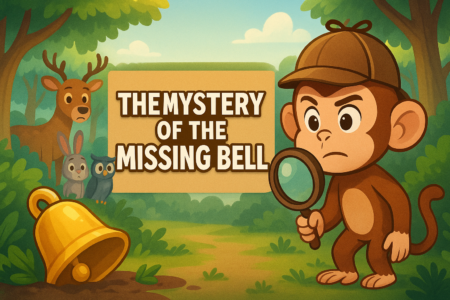When people think of depression, they frequently distinguish between “normal” depression, which almost anybody may experience, and clinical depression, which requires therapy. Since we refer to depression as both a symptom of a condition and a condition in and of itself, it can be challenging to understand depression as a condition.
Depression has an impact on how you feel, think, and act, which can make it difficult for you to function and go about your regular activities. Depression has a wide range of reasons, some of which we still don’t completely comprehend.
Depression: What Is It?
A fairly common yet significant mood illness called depression is characterized by ongoing melancholy and a loss of interest in day-to-day activities. Even though everyone has bad points in life, depressive episodes are classified as lasting two weeks or more and can even last months.
What are the different types of Depression?
There are several varieties of depression, such as:
- Persistent depressive disorder.

This type of depression, formerly known as “dysthymia,” is characterized by a persistently poor mood that lasts for at least two years but may not become as severe as major depression. Many persons who suffer from this sort of depression can go about their daily lives yet frequently feel depressed or joyless. Changes in eating and sleep patterns, low energy, low self-esteem, or hopelessness are examples of further depressing symptoms. - Postpartum Depression

Within the first year after giving birth, one in seven women experience postpartum depression and anxiety. These unpleasant feelings are typically felt by postpartum depressed women, who may also feel scared or overwhelmed. Due to these feelings, it may be difficult for new mothers to do normal baby or self-care duties. - Seasonal Depression

Since there is less natural sunshine throughout the winter, seasonal depression frequently coincides with those months. Winter depression frequently comes with more sleep, weight gain, and social isolation. Every year, this kind of despair reappears. - Bipolar Disorder

Although bipolar illness is distinct from depression, some who have it also have bouts of profoundly depressed mood that match the requirements for major depression. The distinction between the two is that individuals with bipolar illness additionally experience extremely ecstatic emotions known as “mania.” - High-Functioning Depression
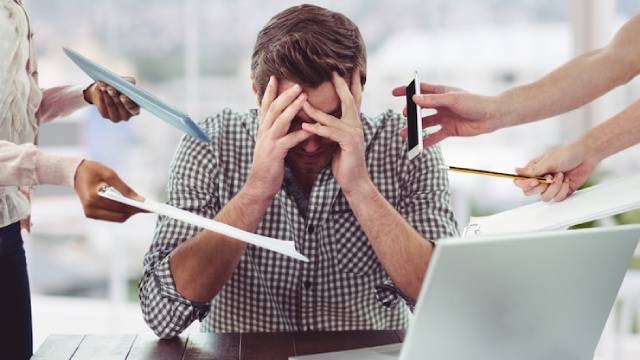
Despite their apparent well-being, patients with high-functioning depression are having internal difficulties. Patients with high-functioning depression frequently carry out typical daily activities and duties. Even though the symptoms of high-functioning depression are typically less severe than those of major depression, therapy is still necessary.
Depression Symptoms and Signs

You may have depression if you’ve had some of the following feelings or symptoms every day for the past two weeks:
- Feeling negative or despairing
- Feeling guilty or unworthy
- Loss of enjoyment or interest in pastimes or activities, particularly those you formerly enjoyed
- Irritability
- Reduced energy or exhaustion
- Problems with concentration or memory
- Issues with decision-making
- Sleep issues, such as excessive snoozing or waking up much earlier than usual
- Restlessness
- Changes in appetite or weight
- Aches, aches, stomach problems, or cramps that appear suddenly
- Suicide attempts or thoughts
Consult your doctor if you exhibit any of these behavioral indications of depression.
What is the treatment for depressive syndrome?
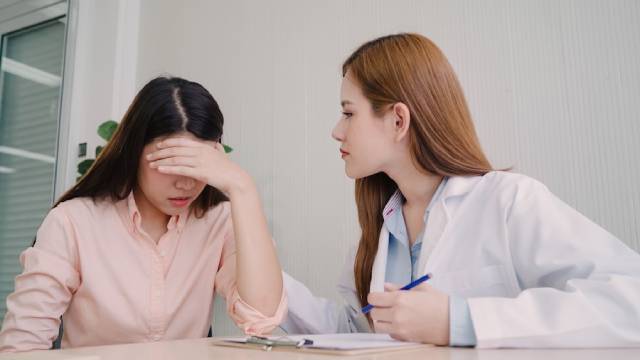
Depression has a lot of potential, but it can also be treated. Depression therapy includes
- Self-Consciousness.
Depression symptoms can be reduced by engaging in regular exercise, obtaining enough sleep, and spending time with those you care about. - Counseling.
Speaking with a mental health expert is called counseling or psychotherapy. Your therapist aids in problem-solving and coping skill development. Sometimes just a few sessions of counseling are necessary. Some patients undergo extended periods of therapy. - Various forms of therapy.
Complementary treatment can help people with ongoing symptoms of moderate depression or mild depression to feel better. Therapy includes techniques including biofeedback, hypnosis, massage, and acupuncture. - Medication.
Prescribed antidepressants may help change the abnormal brain chemistry that underlies depression. It could take a few weeks for antidepressants to start working. Despite the side effects that some antidepressants have, they typically improve with time. Talk to your provider if not. Other medications could have superior outcomes. - Treatment for brain stimulation.
Treatment with brain stimulation may be beneficial for those who have severe depression or depression combined with psychosis. Examples of brain stimulation therapies include transcranial magnetic stimulation (TMS), electroconvulsive therapy (ECT), and vagus nerve stimulation (VNS).
Conclusion:
Depression is a widespread illness that affects millions of individuals every year. Anyone can get depressed, even if there doesn’t appear to be a cause. Depression may be brought on by difficulties in life, changes in brain chemistry, certain medicines, and physical diseases. Knowing that depression may be cured is good. If you have depression symptoms, see a healthcare practitioner. The sooner you obtain aid, the sooner you can recuperate.

